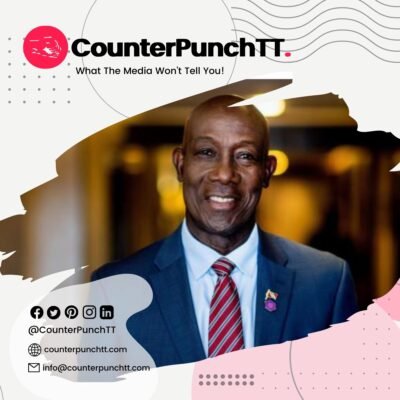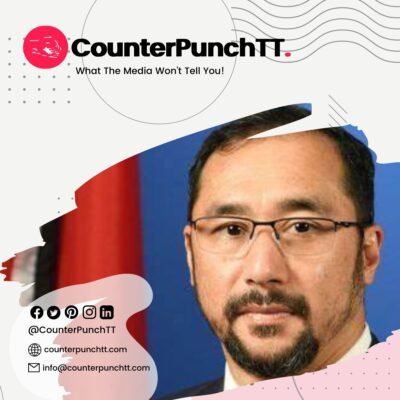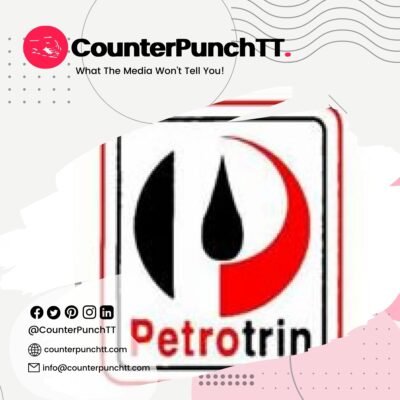WE have to go back 50 years for an equal number of political parties to those in this general election season.
In 1976, a total of 11 parties and a handful of independents faced the electorate of 565,646.
Eight parties each received less than five per cent of the 315,809 votes cast, of which six got fewer than two per cent.
Along with the independents, all candidates of the eight parties lost their financial deposits, an indication of absolute voter rejection.
Leaders and candidates were a hash of has-beens, loonies, and the wildly adventurous.
One leader, a prominent surgeon, proclaimed himself better looking than Prime Minister Dr. Eric Williams.
Williams retorted: “I am waiting for someone to say he is deafer than me.”
History is repeating itself.
Amid conventional wisdom that the incumbent PNM has lost the people’s mandate, there are more election vehicles than we have seen in half a century.
There are leaders without parties, keyboard warriors parading as legitimate organisations, and romantics assuming that political success was bequeathed to them.
There are leaders engaged in a social media version of a standpipe cussout.
There are bosses without executives or party constitutions.
At least one leader parachuted back at the helm after being inactive for five years.
All the parties have at least one thing in common – failure to call a public meeting to display their popular support.
Most are paper tigers.
Some are raising eyebrows about the financing of their electioneering.
While the source of election funding is relevant for all parties, it is even more so concerning just-come groups that launch glitzy campaigns.
In a country in which the poor is getting poorer and law enforcement is not stemming the flow of blood, few political challengers have offered workable solutions to our crises.
But a UNC partnership with a so-called third party is critical if the urban-centric PNM is to be defeated at the polls.
The essential need for an effective and reputable middle group has been proven since the relative success of Albert Gomes’ POPPG in 1950.
The clock is ticking to impress the electorate that there are viable political entities with competent professionals and practical remedies to our sea of troubles.
The electorate wants a capable team that will bind together and wrestle with our social and economic ills.
We deserve a pardy – oops – party!




